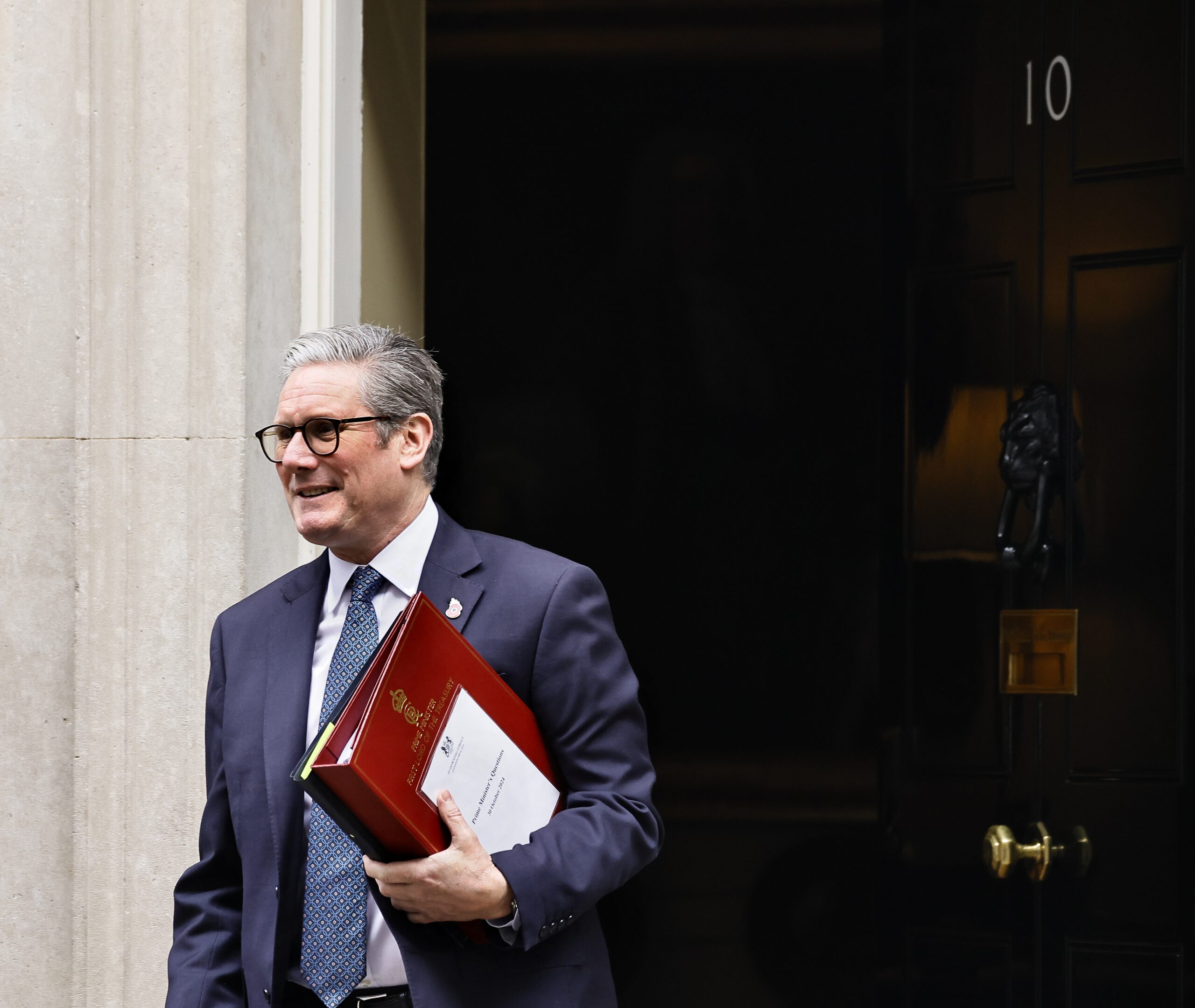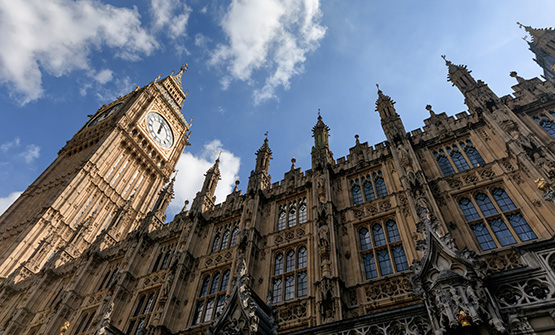“A seismic change in culture at the heart of power in Westminster”
As Parliament rises for the summer, FDA Assistant General Secretary Amy Leversidge reflects on the union’s final victory in its long-fought campaign, for an independent policy to tackle bullying and harassment in the House of Commons.

The new policy – designed by FDA reps – had one last hurdle to overcome, as Leader of the House Jacob Rees-Mogg looked to limit its independence by allowing MPs to debate upheld complaints. It was a tense 25 minutes as we nervously waited, reading reports that Conservative whips were encouraging MPs to vote against an amendment that would stop MPs debating sanctions. My heart raced as Deputy Speaker Eleanor Laing called out “lock the doors” – there was now nothing more anyone could do to influence the vote.
“The ayes to the right 243, the noes to the left 238 – the ayes have it.”
It’s hard to overstate just how historic those words, uttered by the Deputy Speaker, were.
Our campaign for an independent complaints process for House staff dates almost as far back as the formation of the FDA’s House of Commons branch. This is, at heart, a constitutional problem – MPs are elected to the House so if an MP bullies, harasses or sexually harasses a member of staff, the House Authorities would have no power to sanction an MP, or even compel an MP to take part in an investigation into their behaviour. Crucially it is – was – only MPs that could remove other MPs.
The #MeToo movement signalled a defining change in the public mood, as brave women and men felt emboldened to come forward and share their experiences of bullying, harassment and sexual harassment at the hands of elected politicians. The FDA was quick to once again call for independent oversight in the House of Commons and it seemed as if we were on the cusp of real change when then Leader of the House Andrea Leadsom announced there would be an inquiry led by Dame Laura Cox QC.
But before that inquiry had even concluded, we witnessed the unedifying display of MPs patting themselves on the back for rushing through the wholly inadequate Independent Complaints and Grievance Scheme (ICGS) in July 2018. We were the only union to reject the policy, which wiped the slate clean for past cases and allowed MPs to mark their own homework by determining sanctions against their fellow parliamentarians.
Our members in the House of Commons were vindicated when Dame Laura published her findings in October 2018. She found that bullying and harassment had been allowed to thrive because of a culture where it was tolerated and concealed. She recommended a fully independent policy, with the authority to investigate past cases, in which MPs would play no part – exactly what the FDA had been calling for. Despite the House Commission agreeing to implement Dame Laura’s recommendations in full, just nine days after they were published, it was not an easy road to get to this point.
The fact that the FDA never accepted the ICGS meant we had kept the window open for further negotiations and our House of Commons branch developed plans for a Parliamentary Tribunal, which would become the Independent Expert Panel (IEP). Our idea was that complaints would continue to be investigated independently as in Leadsom’s policy, but instead of the sanctions being determined by the Standards Committee, they would go to a panel of three independent experts.
Despite this idea garnering overwhelming support among House staff, the motion that went to the House gave MPs the right to debate any sanction on an upheld complaint – a provision that would fundamentally undermine the principle of independence and obviously deter staff from coming forward.
We reached out to Chris Bryant MP, Chair of the Standards Committee, to table an amendment that would remove the option for MPs to debate complaints and set about lobbying MPs of all colours to do the right thing and vote for it.
It was truly a remarkable debate. Rather than the self-congratulatory tone of past debates, MP after MP got up and said they were supporting the implementation of the IEP and would be supporting Chris Bryant’s amendment, showing genuine humility for how MPs had failed to protect staff.
In his opening remarks, Leader of the House Jacob Rees-Mogg said: “I, of all people, cannot pretend that I like abandoning some of the ancient responsibilities and rights of Parliament, but it is our fault that we have to do this and so it is right to change.” And change they did.
By just five votes, the House voted for Chris Bryant’s amendment and to implement the IEP. Oddly, the fact that the option of the debate was included in the motion seemed to focus minds. The notion that parliamentarians would give themselves the right to debate upheld complaints seemed to lay bare the power imbalance of it all. The fact that MPs actually had to vote to “clip their wings”, as Meg Hillier MP put it, led to an even greater feeling of victory.
I am truly proud of what our union has achieved – this victory represents a seismic change in culture at the heart of power in Westminster, from one of deference to MPs to one where everyone is treated with dignity and respect. This will also have implications for the wider civil service. Ministers must face the same independent scrutiny if complaints are raised against them in government departments, and I hope that we can now turn to that battle and win again for members.
Special thanks must be paid to Djuna Thurley, the FDA’s Branch Convenor in the House of Commons. Djuna exemplifies the FDA’s values of determination, courage and leadership and we could not have achieved this victory without her.
This campaign has been a huge collaborative effort. Our members were supported by many people – House staff, campaigners, politicians and journalists – who kept plugging away to make Parliament a better place to work. Finally, we have.
Related News
-

“An opportunity missed”
Dave Penman has labelled new Commission “an opportunity missed” and called on the government to go further and look at parliament for a more independent system.
-

FDA reiterates calls for a full independent bullying and harassment policy in the Senedd
Appearing before the Senedd Standards of Conduct Committee, FDA National Officer Jane Runeckles made clear that the process for dealing with bullying, harassment and sexual misconduct must be independent from MSs.
-

“Significant victory” for FDA members: MPs vote to introduce risk-based exclusion at the point of arrest
FDA welcomes MPs vote to introduce a formal mechanism to risk assess any MP at the point of arrest.